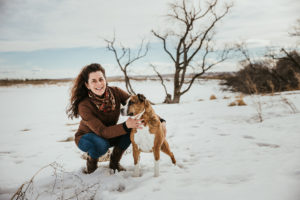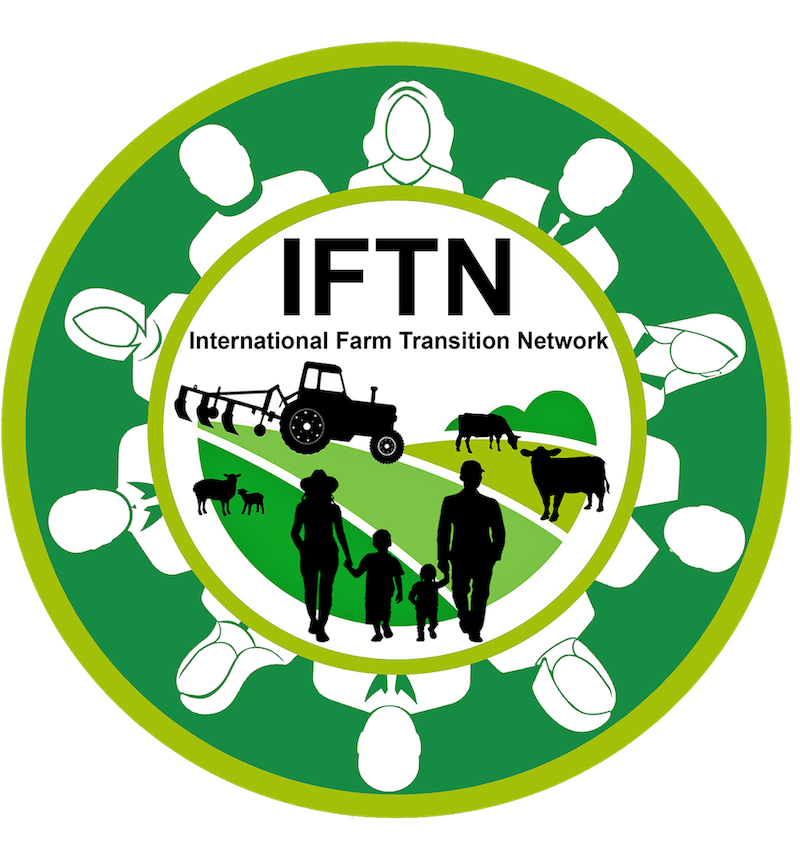A History of Rural Women and the Intergenerational Transfer of the Family Farm – A Canadian Perspective
By Diane McKenzie, University of Lethbridge, Alberta, Canada

In my feminist oral history research study, I interviewed three generational cohorts of women who farm within the Canadian prairie provinces of Alberta, Saskatchewan and Manitoba, twenty-one women in total. The main research question was: How does the reproduction of gender norms impede women’s participation in the intergenerational transfer of the family farm? The research aims included: to expose the historical and contemporary impediments women and girls experienced on family farms, to learn more about the gender relations (balances/imbalances) experienced and enacted, and to understand the intergenerational gendered transmission of farm knowledge’s and practices. I questioned how the history of farm property ownership in Canada is reflected in contemporary ownership of family farms.
I aspired to conduct a rigorous feminist analysis to highlight the power differentials between genders in respect to the intergenerational transfer of the family farm and to expose the ways Western Canadian agriculture remains steeped in patriarchy. I also critically analyzed commonly used media representations of family farms and family farm businesses to demonstrate how gendered discursive practices remain alive and well and continue to perpetuate harmful understandings of a family farm that include gender biases and limit understanding of who is considered a legitimate farmer. As an example, one participant stated:
‘’When I see that [the media representation], I think that, a young woman would think, I can’t do that. There’s no place for me in that. How would I fit in? I think about all the women that I know, that drive combines all night long, and they’re missing in that picture, invisible’’.
Throughout the interviews and the thematic analysis process, I was also struck by the women’s frequent use of the word ‘love’ and the many variations in how love was brought up, how it often stirred up physical responses of smiles, tears, and a warmth that hung in the air. This prompted a secondary research question: What does love have to do with the intergenerational transfer of the family farm? Three themes emerged from analysis: Love of Land, Love of the Family Farm Lifestyle, and Love of Legacy. These three themes illustrated how love was a binding force for women and girls to both family and family farms. As one participant said:
‘’If you are a farmer… of course you love the land’.’
In spite of women’s enduring love of family farming and the affective connections to the physical land they consider to be a part of them, women lived the repercussions of a gendered history where women and girls have long been denied opportunities as primary landowners. Women were excluded from inheritances or transfers of full farm estates and thus disadvantaged and sidelined as farmers or as participating influencers in the intergenerational transfer of family farms.
A link to a short, informative video that the Graduate Studies Department at the University of Lethbridge produced to promote this important piece of research can be found here: https://www.youtube.com/watch?v=PKr8ztdJ_bQ


Author Biography
 Diane McKenzie graduated from the University of Lethbridge in 2016. She earned her BA in Psychology, minor in History with great distinction and continued her education in the School of Graduate Studies Cultural, Social and Political Thought program. She was awarded the Parkland Institute Graduate Research Award, the School of Graduate Studies Tuition Award and the School of Graduate Studies Dean’s Scholarship. Diane’s research interest is rural women and their involvement in the intergenerational transfer of the family farm. Her central question is: How does the reproduction of current gender norms impede women’s participation in the intergenerational transfer of the family farm? Diane actively farms with her family and brings an insider view to her post-modern feminist analysis of rural women’s oral histories. She has worked for the University of Lethbridge’s Centre for Oral History and Tradition interviewing and transcribing for the 50 Voices project in celebration of the University’s 50th Anniversary. Diane presented an individual paper at the Rural Women’s Studies Association 2018 Triennial Conference, May 16-20, 2018, Ohio University, Athens, OH on gender inequity in family farm business succession and inheritance. A paper presentation proposal was also accepted for the Agricultural Historical Society 100th Anniversary meeting held in Washington, DC, June 6-8, 2019 and her paper titled Nostalgia, Romantic Ideals, Legacy and Generational Transfer of the Family Farm was presented during a roundtable for the Western History Society annual conference, October 16-19, Las Vegas, Nevada. In 2021 she presented her paper What’s Love Got to Do With It?: Women’s Participation in the Intergenerational Transfer of Family Farms to the Rural Women’s Studies Association virtual conference. Diane’s ambition is to open a well-informed conversation about gendered processes with agrarian women and men within their immediate communities to further support rural women’s participation and successful transfers of family business where women are recognized as full participants. In August of 2021 she passed her thesis – A History of Rural Women and the Intergenerational Transfer of the Family Farm – oral examination, earning a Master’s Degree in Cultural, Social, and Political Thought from the University of Lethbridge, Alberta, Canada.
Diane McKenzie graduated from the University of Lethbridge in 2016. She earned her BA in Psychology, minor in History with great distinction and continued her education in the School of Graduate Studies Cultural, Social and Political Thought program. She was awarded the Parkland Institute Graduate Research Award, the School of Graduate Studies Tuition Award and the School of Graduate Studies Dean’s Scholarship. Diane’s research interest is rural women and their involvement in the intergenerational transfer of the family farm. Her central question is: How does the reproduction of current gender norms impede women’s participation in the intergenerational transfer of the family farm? Diane actively farms with her family and brings an insider view to her post-modern feminist analysis of rural women’s oral histories. She has worked for the University of Lethbridge’s Centre for Oral History and Tradition interviewing and transcribing for the 50 Voices project in celebration of the University’s 50th Anniversary. Diane presented an individual paper at the Rural Women’s Studies Association 2018 Triennial Conference, May 16-20, 2018, Ohio University, Athens, OH on gender inequity in family farm business succession and inheritance. A paper presentation proposal was also accepted for the Agricultural Historical Society 100th Anniversary meeting held in Washington, DC, June 6-8, 2019 and her paper titled Nostalgia, Romantic Ideals, Legacy and Generational Transfer of the Family Farm was presented during a roundtable for the Western History Society annual conference, October 16-19, Las Vegas, Nevada. In 2021 she presented her paper What’s Love Got to Do With It?: Women’s Participation in the Intergenerational Transfer of Family Farms to the Rural Women’s Studies Association virtual conference. Diane’s ambition is to open a well-informed conversation about gendered processes with agrarian women and men within their immediate communities to further support rural women’s participation and successful transfers of family business where women are recognized as full participants. In August of 2021 she passed her thesis – A History of Rural Women and the Intergenerational Transfer of the Family Farm – oral examination, earning a Master’s Degree in Cultural, Social, and Political Thought from the University of Lethbridge, Alberta, Canada.
Email: mckenzie2@uleth.ca

